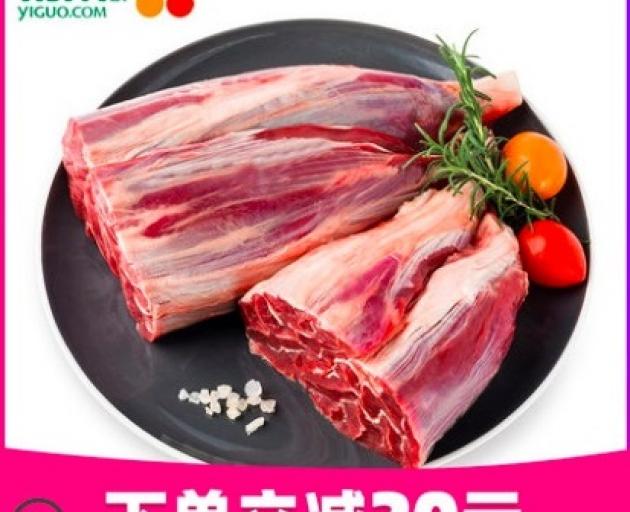
''Be bold and ensure you have a great brand story to tell Chinese consumers.''
Speaking at the New Zealand red meat sector conference in Christchurch last week, Mr Smulders said Chinese consumers were increasingly brand aware and liked to share their experience when buying a premium product.
''For the meat industry that could and should be about the New Zealand country of origin story.''
He said understanding your unique selling proposition, or USP, was important but companies also needed to be prepared to play the long game.
''There are few shortcuts and only occasional quick wins. Kiwi fruit and dairy have made big strides, but its taken research, time and human capital in the market.''

''Most of the more than 700 New Zealand brands that we work with in China have had some issues. But we work through those with them.''
Mr Smulders said it was about collaboration. A good example was the NZ Food Basket, a coalition of 18 food and beverage exporters who sold everything from lamb racks and Marlborough wines to ice cream and rock lobster via Alibaba's Tmall Fresh platform.
The products have been well received by Chinese consumers. In an early targeted promotion, Tmall Fresh received 1200 orders for a New Zealand product in two minutes, compared to normal sales for the same product in China which averaged 200 units per month.
Companies could also focus more on what could be done at home, he said.
''This started with the more than 430,000 annual Chinese visitors and 28,000 Chinese students in New Zealand, who represented key influencers as they would have first-hand experience with our products.''
An important local event was the Alibaba New Zealand expo, the first of which was held in Auckland in June, which provided the opportunity for Chinese buyers to see New Zealand products in person.
Another important retail sales network was via the Hippo Fresh stores in China, which had capitalised on the global trend towards Hema stores.
''These effectively merge the online shopping experience with a bricks and mortar environment, revolutionising retail shop fronts with technology,'' Mr Smulders said.
Alibaba had invested a lot in the New Retail concept, opening 150 stores across China in the past three years.
''New Retail is changing global buying patterns. Every item in the shop has a barcode, scannable via an app. The stores also serve as fulfilment centres where workers fill online orders within 30 minutes and they also offer membership clubs.''
The stores also offer a robot dining experience, termed Robot.He. An app allows a customer to book a table via a QR code, choose the food they want to eat from the supermarket, which is then directly sent to the kitchen for cooking using ceiling-mounted conveyer belts. Robots deliver the cooked food to the diner's table.













